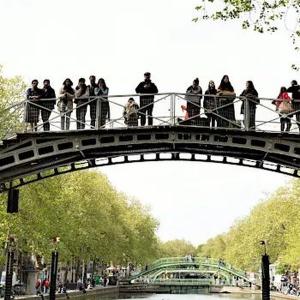
Organized by the ministry of Culture and Communication who have entrusted Inrap to steer the project, these national archaeology days aim to unite the entire archaeology network: archaeological sites, museums, private and publics preventive archaeological operators, scientific and technical centres of culture, universities, research laboratories, mixed research units, scholarly societies, cultural associations …
The Haute-Île archaeosite is dedicated to the links between Man and his environment for the last 10,000 years. Throughout the year, it offers activities to discover the way of life of certain populations from prehistoric times to the present day, based on scientific data. It offers a special program for the JEA.
Over these 3 days, several sites will open their doors to you. Archaeologists will explain how they work and what happen s to the objects found during excavation works. Far from being an isolated research worker, archaeologists work with many research specialists: geologists, botanists, zoologists, anthropologists, geographers, historians, architects, etc.
The work of an archaeologist is varied. He starts by making an assessment of written and iconographic sources of the site where he will start his excavation work. He carries out surveys and excavation works, he studies, makes an inventory and protects all the vestiges found and analyses them at the laboratory. Finally, he publishes his results in an excavation works report.

